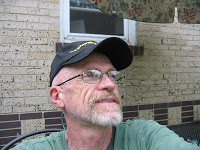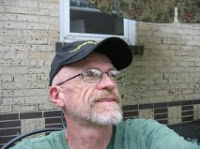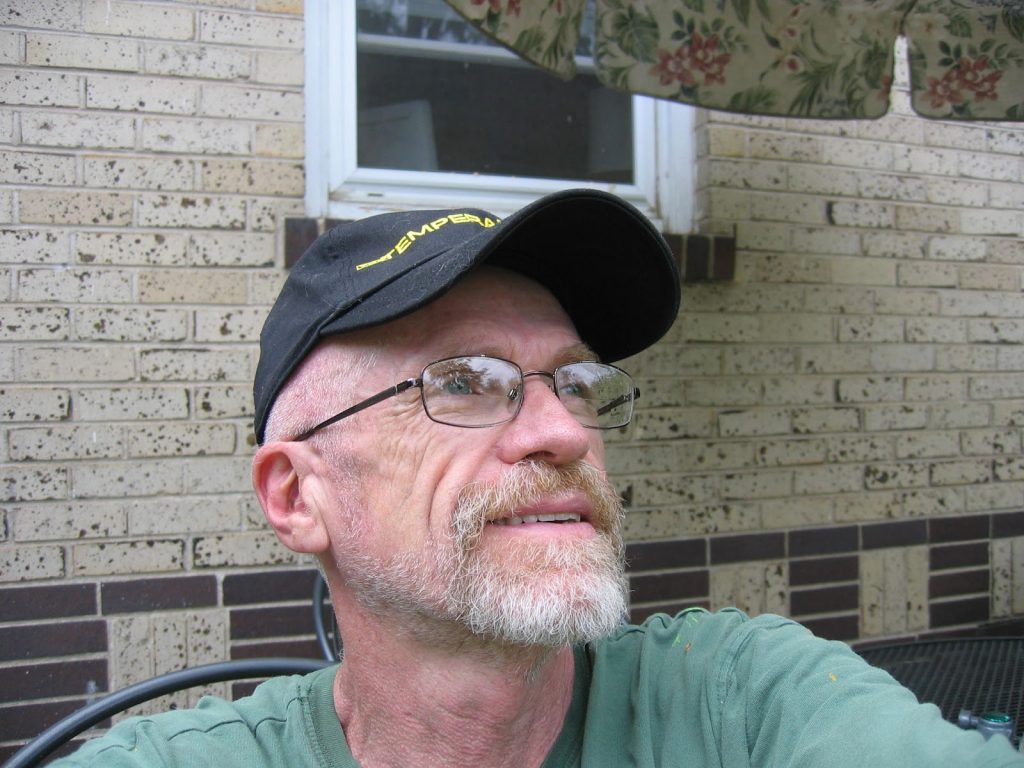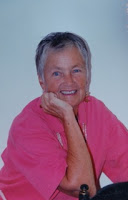“…he was a queer man and would go about the village without noticing people or saying anything. In his own teepee he would joke, and when he was on the warpath with a small party, he would joke to make his warriors feel good. But around the village he hardly ever noticed anybody, except little children.”
The quote I am opening with here is from John Neihardt’s 1932 book titled Black Elk Speaks and is a description of Crazy Horse. Crazy Horse along with the great Chiricahua, Cochise, was truly my boyhood hero. Crazy Horse though came out as one of my formative heroes and remains so to this day. I still read anything I can get my hands on about the great man and Native Americans in general.
I was initially enamored with Cochise largely because of the rather stereotypical presentation of the great Apache in the 1956-58 T.V. show called Broken Arrow. I was 7 years old when the series started and I did everything possible to be able to stay up past my 8pm bedtime to watch it. In researching this piece I found an old snippet of video from the show with Cochise and Tom Jeffords half naked in a sweat lodge. Talk about something that might indelibly imprint in a little buddy gay boy’s psyche. Cochise’s grey hair and very manly chest left poor Tom Jeffords in the dust. Awareness of the stereotypical and racist elements of this show as of course way beyond my pay grade in 1957 at age eight. Michael Ansara who played Cochise was not even Native American but a Syrian immigrant.
Unlike many of my peers in my pre-teen years my favorite heroes were not Roy Rogers, Gene Autry or the Lone Ranger. I have recently found re-runs of Roy Rogers and the Lone Ranger on an obscure cable channel. Watching some of the Roy Rogers shows and seeing his over the top cowboy-drag through my 2018 eyes I have to wonder if Dale Evans wasn’t really Roy’s beard.
Cochise sparked my interest in Native Americans but as I got older I was able to put my hands on much more honest and realistic presentations of Native Americans. I was drawn to Crazy Horse and the Plains Indian wars against white genocidal encroachment, treachery and theft. Crazy Horse was a loner, a vision seeker who was dedicated to preserving the “old ways” before the white invasions. Though no evidence exists that I am aware of that he was a homosexual and certainly did not fit the bill of a Winkte, Lakota males who adapted woman’s roles and were totally incorporated with in the tribe he was certainly “different”.
I most recently ran across a description of him in a 2016 book tilted The Earth Is Weeping by Peter Cozzens:
“ His perpetually youthful appearance, pale skin, and fine hip-length hair imparted to him an androgynous quality. An Indian agent described the man at age thirty-six as a “bashful girlish looking boy”. Page 194- The Earth is Weeping.
Queer or not, and most likely not, Crazy Horse certainly had many admirable qualities that in many ways were those of someone different, an outsider. He was totally dedicated to the survival and well being of his people and their “old ways” up until the moment he took his last breath after being bayoneted in the back trying not to be put in jail on the trumped up supposition that he was about to again go to war with the white man.
In a 2012 piece by the great Chris Hedges, writing in Truthdig, he pays homage to Crazy Horse with this closing line:
“His ferocity of spirit remains a guiding light for all who seek lives of defiance.”
© January 2018
About the Author
I was born in La Porte, Indiana in 1949, raised on a farm and schooled by Holy Cross nuns. The bulk of my adult life, some 40 plus years, was spent in Denver, Colorado as a nurse, gardener and gay/AIDS activist. I have currently returned to Denver after an extended sabbatical in San Francisco, California.









